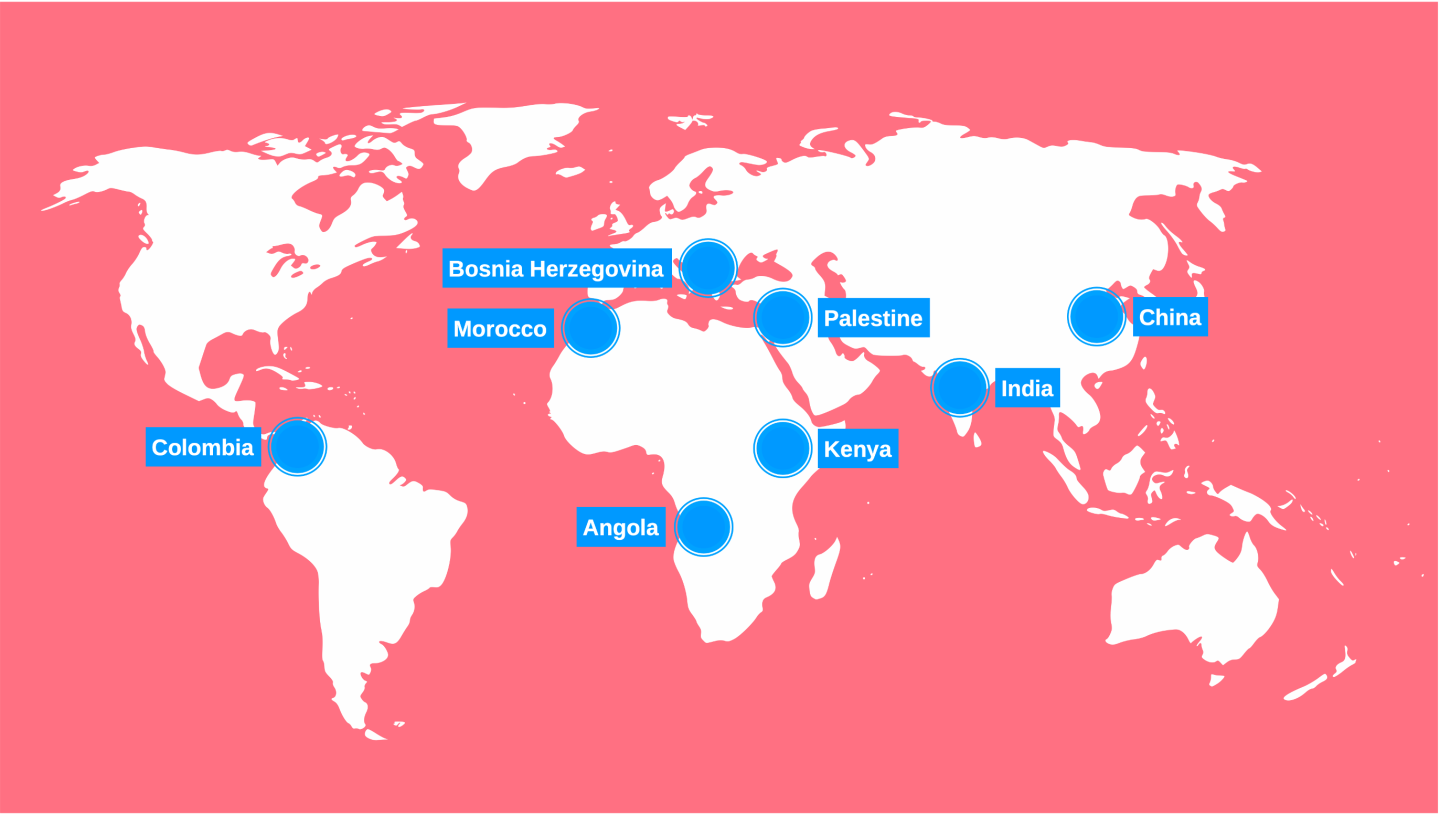
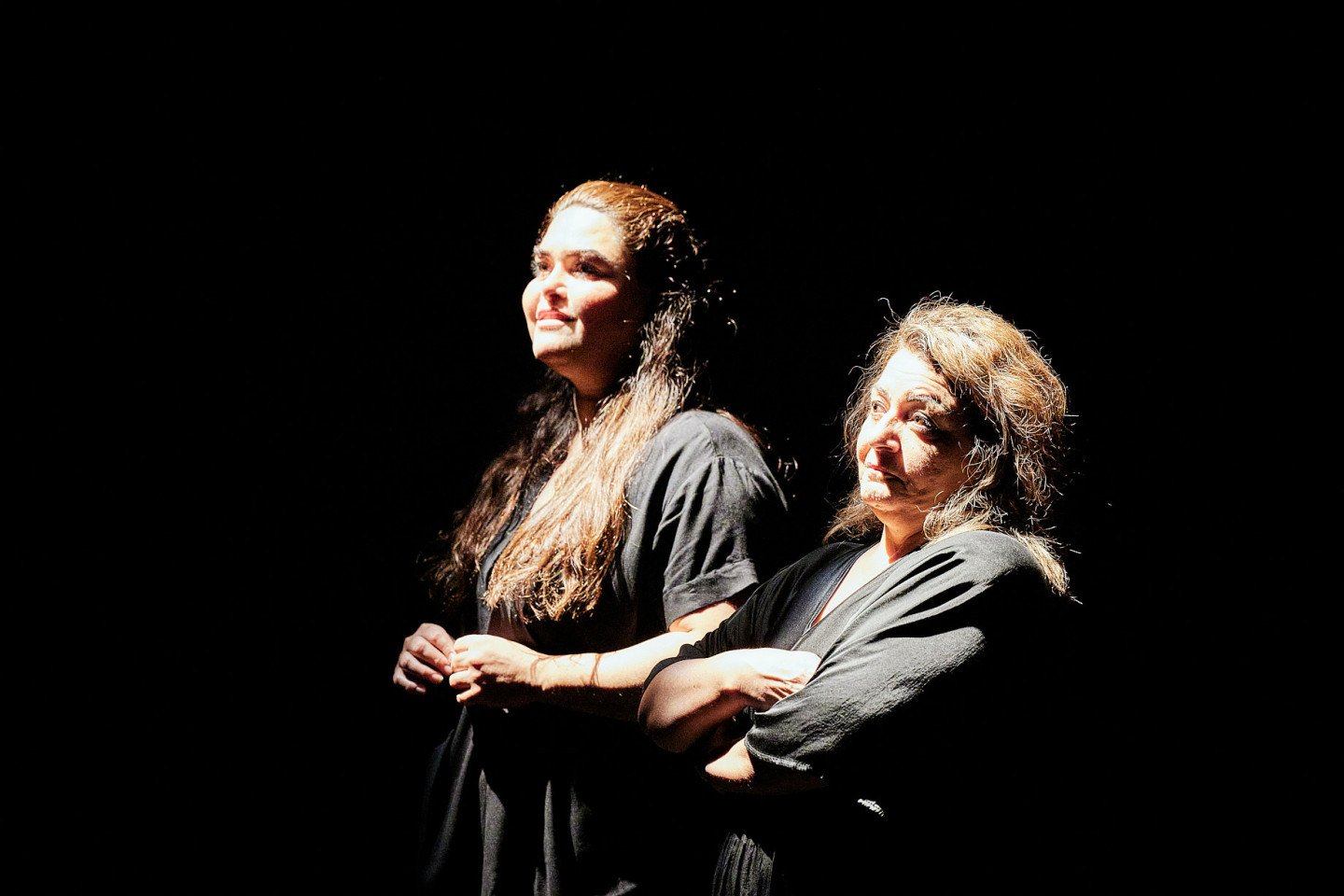
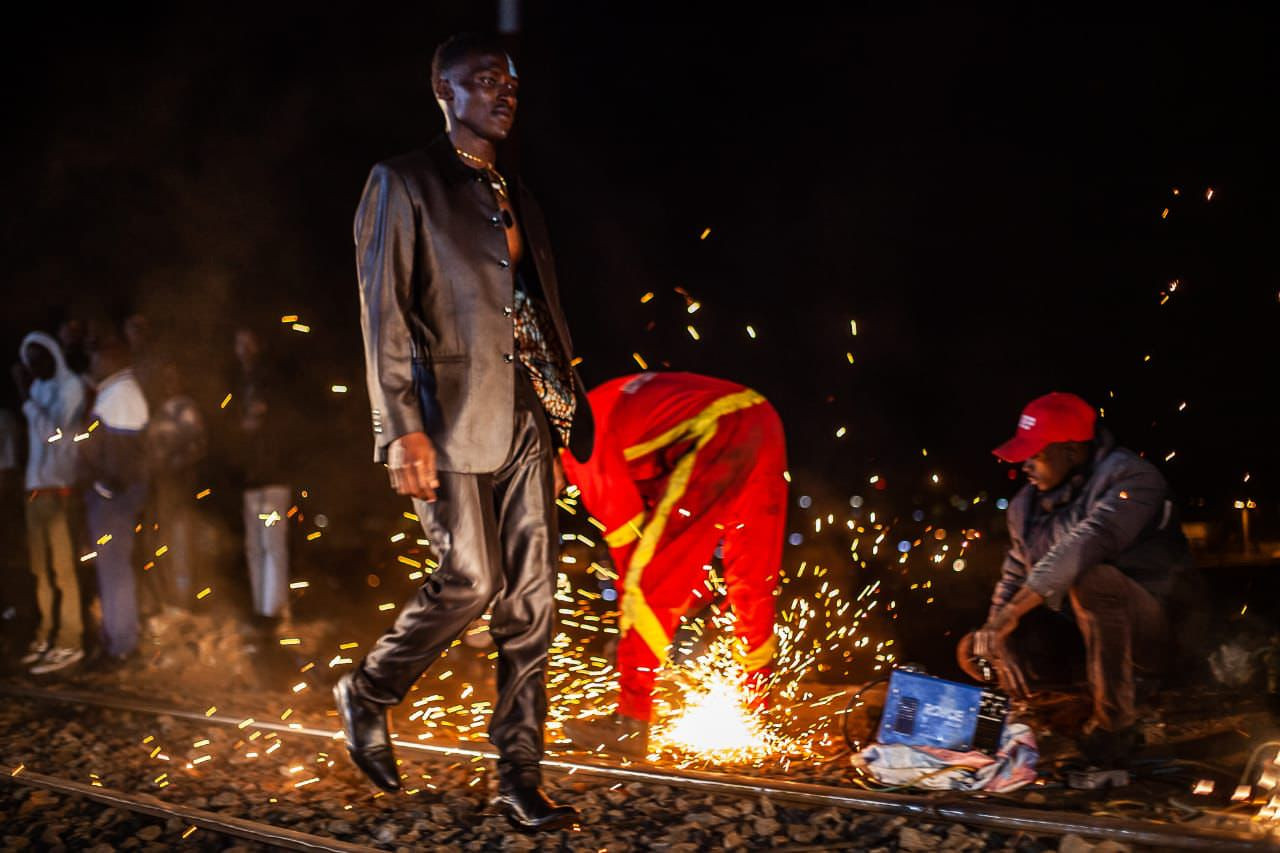
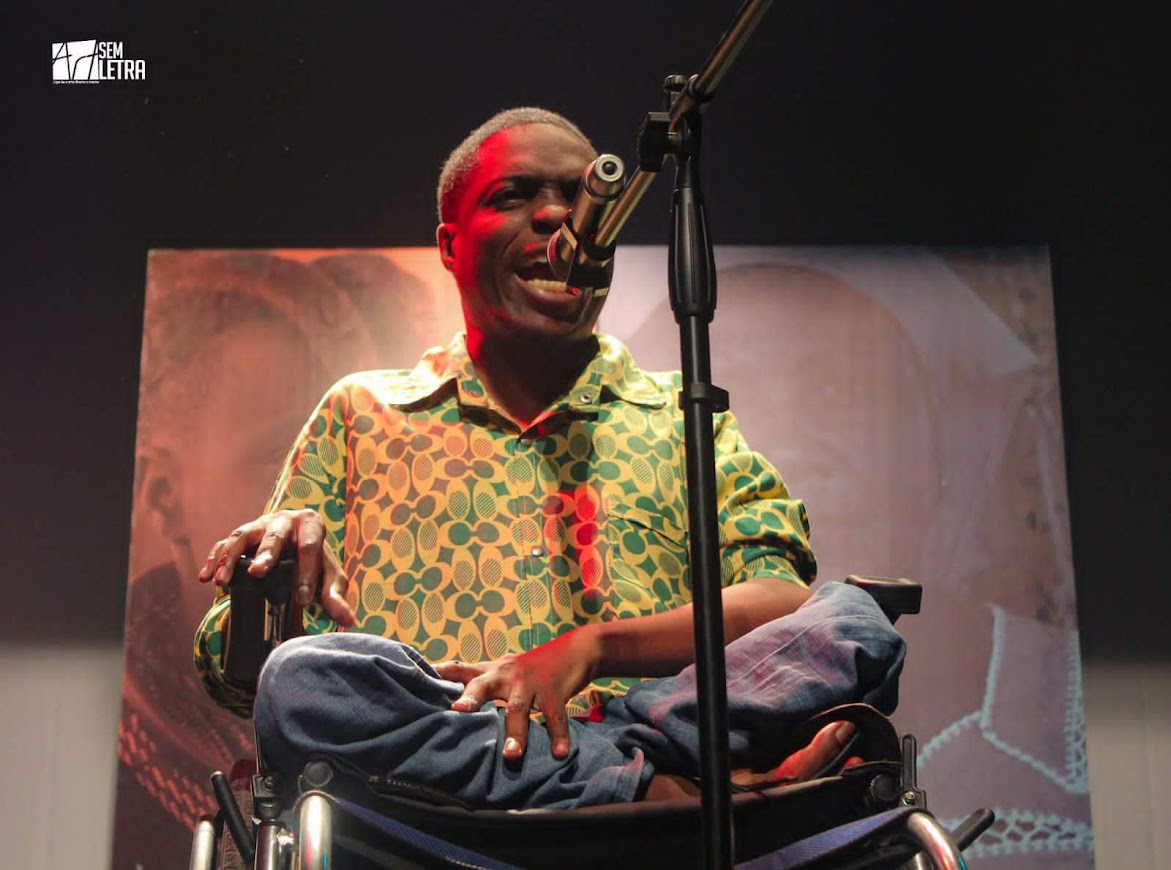
Photo: Art sem Letra Angola
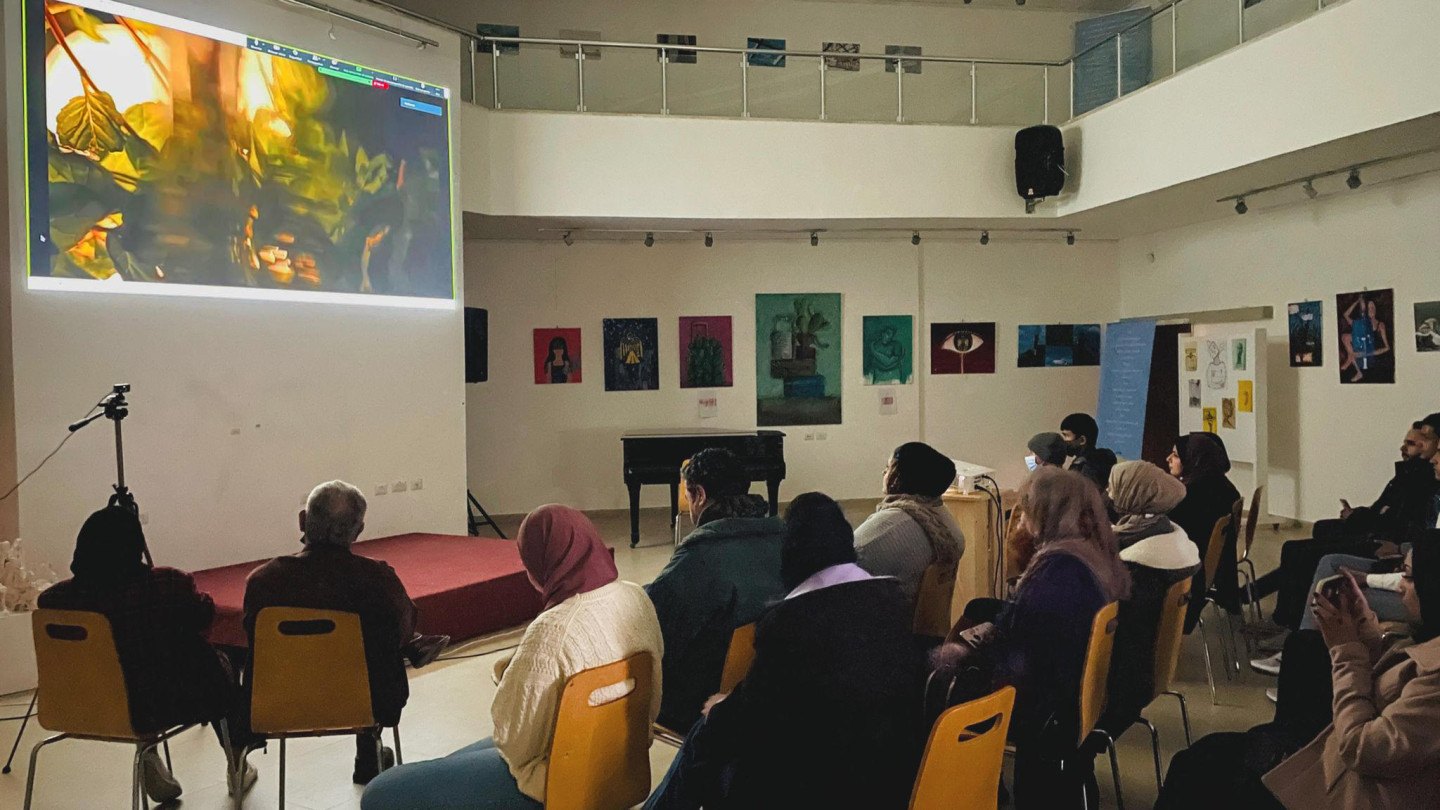
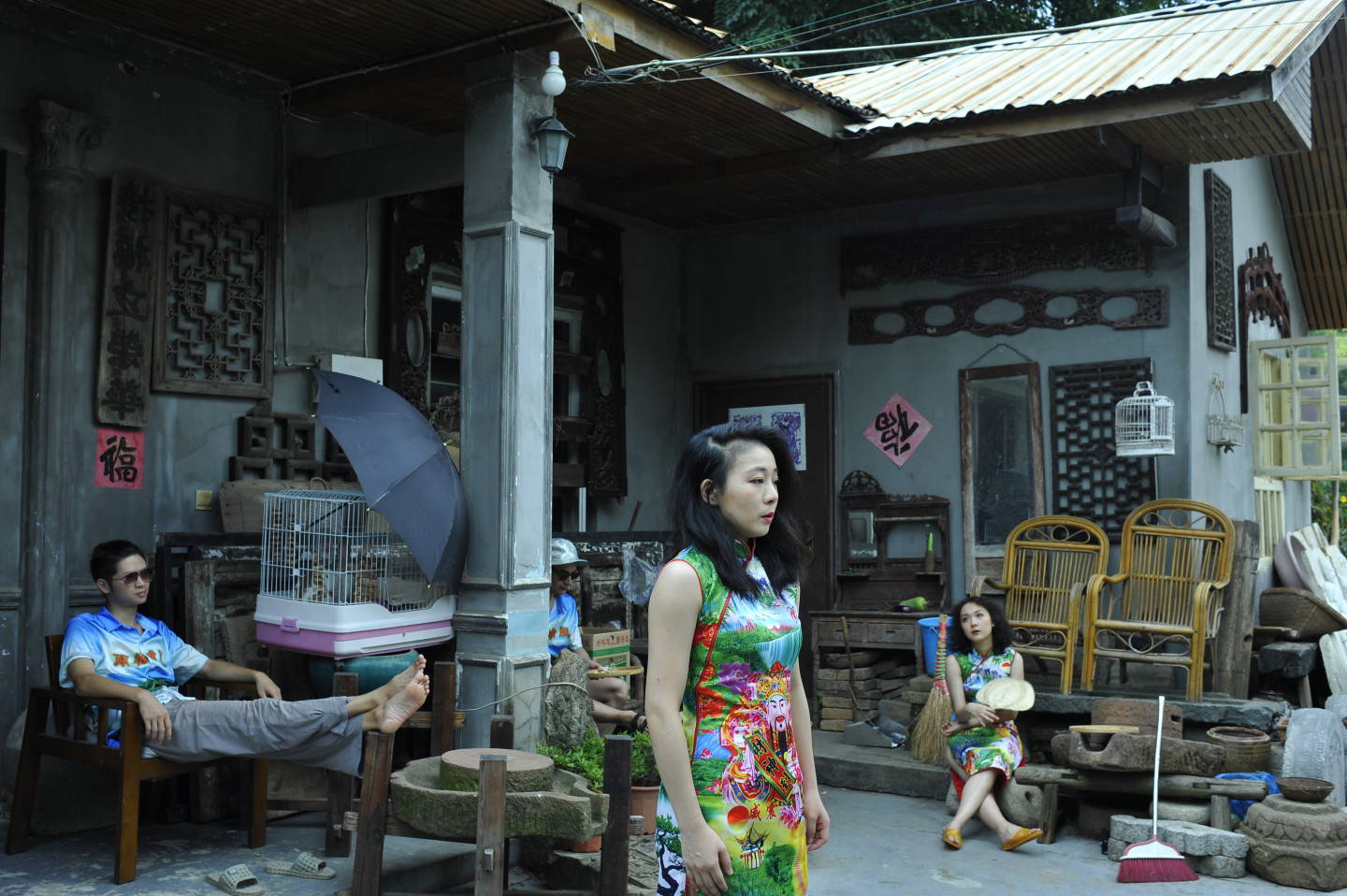
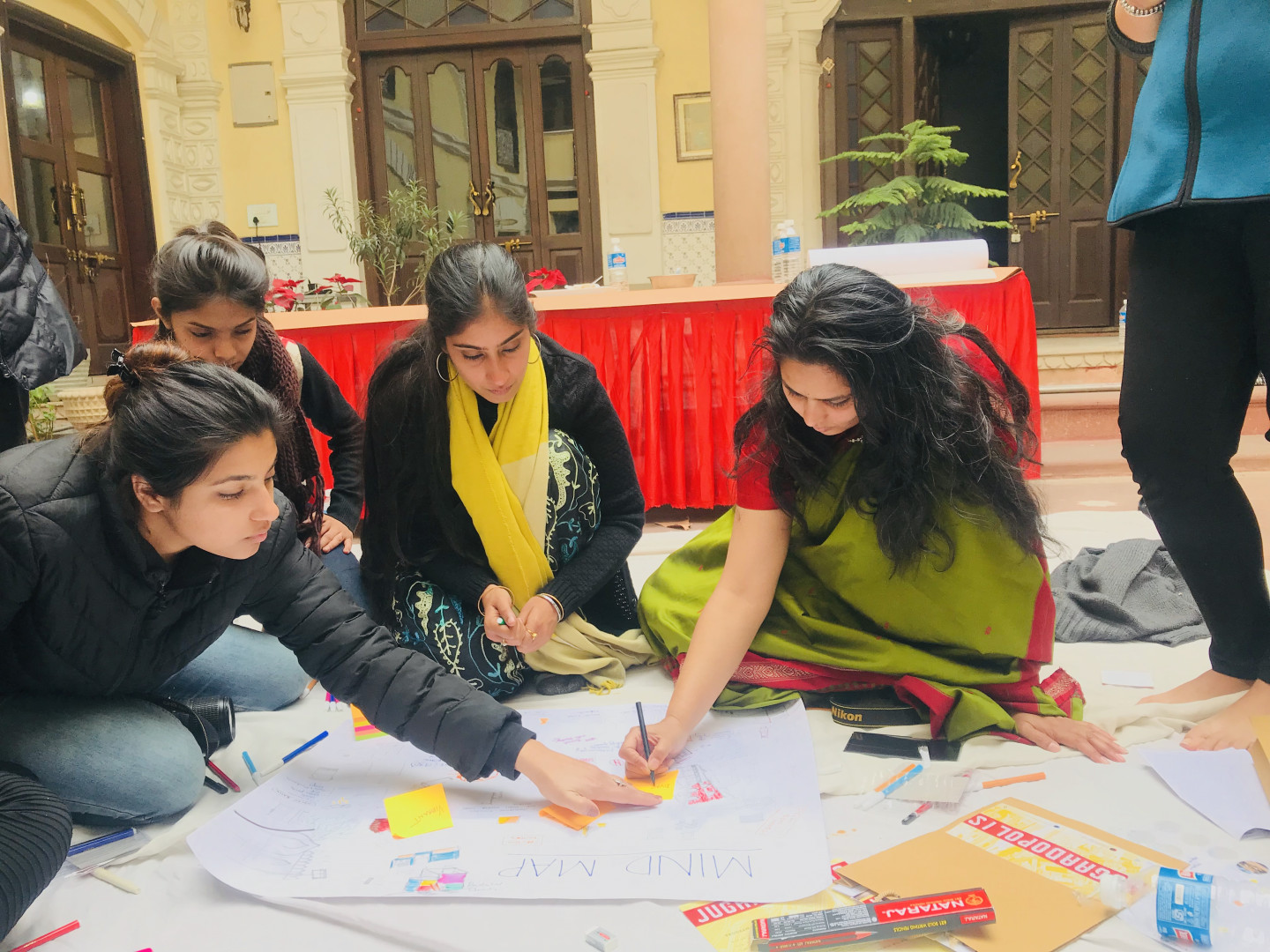
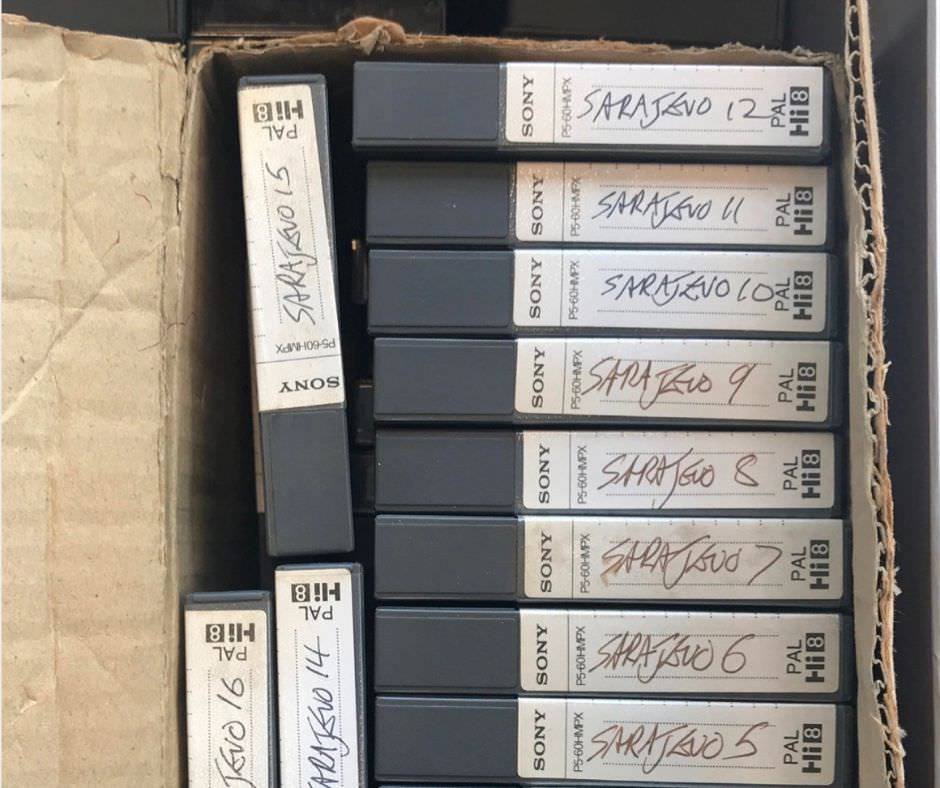
New projects selected for 2023
The international jury of six independent experts has selected eight new European Spaces of Culture pilot projects to be implemented in 2023.




Photo: Art sem Letra Angola




The jury convened on 14 December online after evaluating 11 submitted applications and selected the following eight ambitious cultural relations projects for implementation between January and October 2023:
- Angola: Enter my Universe
- Bosnia and Herzegovina: ARCHIPELAGO [ˌɑːkɪˈpeləɡəʊ] - a trans-national archive platform for public space
- China: More Than Human
- Colombia: First Edition of the International Community Film Festival
- India: The Restoration Toolbox
- Kenya: Kibera Fashion Week
- Morocco, Egypt & Algeria: Shaeirat
- Palestine: Flow / تدفق : Contemporary Art Program in Palestine
All projects are awarded in total up to 60,000 euros. Read more details about the projects below.
The selection followed a process of shortlisting in July and redevelopment of these shortlisted ideas until November. The jury evaluated the final applications according to selection criteria such as the partnership model proposed, activities planned, (budget) feasibility, and intended impact. After a lively discussion, which went beyond the selection and into a wider discussion about the values and principles of a European Spaces of Culture project, the jury collectively came to the selection of the eight projects.
In the months between shortlisting and selection, the shortlisted project teams reworked their initial idea submitted, conducted additional and in-depth local consultations, worked on their partnership and collaboration processes and, in some cases, already prototyped and tested planned initiatives. Their final applications included excplicit targets and reflections on how the UN Sustainable Development Goals and fair collaboration thinking in cultural relations are integrated in their plans.
In September 2022, the shortlisted project teams met in an online Spaces Lab, which brought together representatives from the teams as well as external experts to discuss how their proposed idea can be elaborated further to be presented as model of European Spaces of Culture. The Spaces Lab was a chance for the project teams to to discuss important topics that transpire throughout the European Spaces of Culture programme and pick up inspiration and tips to incorporate these topics and more into the final plans. Advice from colleagues previously engaged in European Spaces of Culture proved important in understanding the steps to be taken.
Selected projects
Angola - Enter my Universe
This project draws attention to difficulties people with disabilities face in Angola, with a special focus on accessibility to cultural life. Despite 40 years of censorship and armed conflict causing countless victims, disability and impairment are topics that are still rarely being addressed in Angola, therefore a public discourse about the matter is needed. To guarantee visibility, an inclusive arts festival with workshops, exhibitions, screenings and two roundtables will bring together Angolan and European artists in townships such as the neighbourhood Cazenga and the city centre of Luanda. One of the project’s highlights will be the first ever European-Angolan co-production of a hip hop opera by artists with and without disabilities. The festival aims at tearing down the borders between different universes. This project will be a premiere to have artists with disabilities being seen on stage, addressing directly potential decision makers, but also expanding the theatre of the Cazenga based art centre ANIM'ART to meet the needs of persons with impairments, creating Angola's first fully inclusive and accessible art venue.
Bosnia and Herzegovina – Archipelago [ˌɑːkɪˈpeləɡəʊ] - a transnational archive platform for public space
This project is a transnational site-specific archival platform for public space in the post-Yugoslav space that brings together war document collections. Thirty years after the wars that led to and followed the break-up of Yugoslavia, many dedicated archival initiatives collectively offer a rich multi-perspective view of the recent history of the region. But they rarely come together and often struggle with repression in their respective local contexts. This is where [ˌɑːkɪˈpeləɡəʊ] comes in, turning a smartphone into an easily accessible archaeological device independent of local political restrictions while bringing together a multitude of archival voices. Historical audio-visual documents tagged with GPS data will be available via an augmented reality (AR) app. Diverse archival holding can be made topographically and interactively accessible at places they are linked to and encountered in a low-threshold way. The digital art and research project connects different archival initiatives exploring the technology of AR as hands-on participatory archival practices within the post-Yugoslav space. It will introduce a carefully curated multi-perspective view of the region’s recent history that encourages audience interaction via a mobile AR app, a website archive as well as accompanying public events such as exhibitions, workshops, and film screenings in Bosnia and Herzegovina, Serbia, Kosovo, and Croatia as well as internationally as part of its dissemination strategy.
China – More Than Human
More Than Human is a festival to discuss and celebrate queerness beyond the spectrum of gender identity. It will take place at various venues in Beijing during 10 weeks in the second half of 2023 with a core programme centered around a large-scale exhibition with works by artists from Europe, China and third countries, the majority coming from EUNIC member countries. The art works will allow both participants and audiences to seek inspiration from the frictions between species, being, time and technologies to imagine new ways to comprehend the ambiguous and complex realities we live in. An ongoing series of public activities of a more academic nature will complement the exhibition and its related art events (satellites) to build bridges between audiences, communities, and cultural institutions. Through talks, podcasts, and conferences they will address diversity in a cultural and social sense including isolation, displacement, environmental degradation, and mental health. These programs will be held in formats that can be contained within the delicate cultural and political climate of China. All in all, More Than Human will constitute a premiere platform in China for nonconformist perspectives and experimental intersection that connects and empowers underrepresented segments of the art scene and society, calls for more access and inclusion in cultural life through public engagements in ways that are inventive for the development of cultural relations between Europe and China.
Colombia - First edition of the International Community Film Festival
Can you imagine a place where historically marginalized communities teach an international audience what it means to build peace through art? An event where they are not only the protagonists but the hosts, and where their stories are the ones being understood and discussed? This event is the first edition of the International Community Film Festival. EUNIC Colombia has had a year-long alliance with Historias en Kilómetros (HEK) and the Colombian Truth Commission (CTC). Together they have trained community filmmakers to become sustainable production companies. These filmmakers are now ready to host this festival. Tierra Grata, Cesar, will host this unique gathering, a community born with the Colombian peace process, where former FARC guerrillas laid down their weapons and transitioned to civilian life. This festival will bring together local production companies from the regions most affected by the armed conflict to show the work they have created with the CTC. They will have horizontal conversations with Colombian and international experts in disciplines relevant to the social challenges portrayed in their films. This event will have screenings of national and international documentaries selected by a jury of Colombian and international experts. It will host panel discussions with social representatives on how film can represent a community's resistance and a peaceful future. This festival will serve as an annual meeting for an international network of community filmmakers.
India – The Restoration Toolbox
The Restoration Toolbox creates tools and spaces to promote participatory heritage conservation in India, using open-source digital technologies to empower citizens and local communities to preserve their own heritage. The key principles of the project are people-to-people, co-creation, and community-building. To achieve its goal, the project is sustained on three main activities: technology sharing and knowledge transfer, capacity building, and training as well as dissemination to a wider audience through hybrid models, seminars, and co-creation workshops to strengthen local knowledge and skills. The participatory processes towards heritage conservation are seen as a tool to support stakeholder involvement and policy making built on a deep understanding of the Indian context. Developed on Decidim, which offers a stable, ethical, and modular architecture to build such a platform, backed by a strong international community maintaining its code and ethical compass, facilitating the sustainability of the Restoration Toolbox platform. The project exchanges and shares knowledge on open governance, financing models, Private-Public-People partnerships, reuse models, grassroots community development and holistic approaches to heritage and urban development. Partners will carry out training sessions and promote outreach, fomenting long-lasting and multistakeholder heritage conservation communities.
Kenya – Kibera Fashion Week (KFW)
Kibera Fashion Week is not your typical fashion week but comprises a year-long programme to fundamentally change the power dynamics and narratives in the fashion industry, labelling itself a fashion week with the ambition to reinvent the format. Showcasing the talent of creatives from Kibera and sharing their insights with audiences in Kenya and the EU, the project wants to build a new ethical and sustainable fashion industry. Rooting this project in Kibera confronts the neo-colonial realities of the fashion industry by learning from a community that is faced with the abundance of textile waste exported by European countries and creating a new dialogue around the consequences of unsustainable consumption. Through this dialogue a movement can start of change, impacting both consumers and designers in Kenya and abroad by respecting the skills and insights of local communities. While Kibera is often portrayed as a place of hopelessness in need of help and so called “development aid”, it is in fact a diverse metropolis, booming with creativity and constantly evolving and innovating. The project firmly believe that the world can learn a lot from the people of Kibera and they possess the skills to become pioneers in a sustainable and ethical creative industry. Kibera Fashion Week will become a platform for the community to redefine fashion, share new methods for sustainability and bring together stakeholders from around the world to challenge unethical and exploitative consumption.
Morocco, Egypt and Algeria - Shaeirat
The Shaeirat Project aims to build a regional as well as international network in the MENA region that will organise public bilingual poetry performances of Arab women poets perform their own works. The objective is to encourage and strengthen the exchange of poetry and cultural performance within Arabic speaking societies as well as in Europe. The project is collectively run by poetesses Carol Sansour from Palestine and Soukaina Habiballah from Morocco, as well as Henri Jules Julien, a French director living in Morocco. Building on the success of the premiere of the project launched in the Festival of Avignon July 2022, the project will create the first editions of Arabic International Performed Poetry festivals in 3 Arab countries: Morocco, Egypt, Algeria. The poetesses joining Shaeirat Project will perform their poetry also in other countries than in the ones they’re living in. They will equally be involved in the programming, mediation, and promotion of the performances before and when they come to their own countries. All performances will be accompanied by a variety of meetings, workshops, and mediations will be set up with different partners and audiences (the education sector, the book chain, etc.). One of the driving forces is the translation of this variety of Arabic poetry into various languages to reach out to EU member states and their neighbourhood. As a result, Arabic poetry performances within the MENA region will contribute to the increase of translated Arabic poems and this will strengthen Arabic/European language bilingualism.
Palestine - Visual Arts Palestine Mentorship program, production and exhibition for contemporary artists from Gaza, Jerusalem and West Bank
This project will support a new generation of Palestinian visual artists from Gaza, West Bank and Jerusalem, to unleash their full artistic and professional potential in an innovative and inclusive cultural exchange project. It combines interests and initiatives of three EUNIC members and three Palestinian partners in partnership with the EU Delegation. It is designed in response to the creative demand of artists in Palestine, which thanks to this European-Palestinian partnership will be further developed to a new scale for a greater impact locally and internationally. It is composed of three pillars (a) training and support program consisting of masterclasses (also open to the public) and individual mentoring sessions for emerging artists led by Palestinian and European cultural professionals (b) provision of grants to enable artists to produce individual art projects and (c) curation of an exhibition to be presented in Palestine and Europe. The project will be implemented in full collaboration with local institutions, and through learning-by-doing, experimentation, and access to new connections and horizons in Europe, the local partners will be able to develop their capacity to carry out the next edition of the proposed project.
Meet the jury
- Marina Barham, General Manager and Co-founder of Al-Harah Theatre and Performing Arts Training Center (PARC), Palestine
- Kateryna Botanova, Cultural critic, journalist, curator, former director of Foundation Center for Contemporary Art Kyiv
- Marijana Cvetković, independent cultural manager and cofounder of the Platform for theory and practice of the commons, Belgrade
- Natasha Ginwala, Curator and writer, Associate Curator at Gropius Bau, Berlin and Artistic Director of Gwangju Biennale 2020 with Defne Ayas and Artistic Director of Colomboscope, Sri Lanka
- Yemisi Mokuolu, Independent producer and creative industries consultant, founder and CEO of HATCH Africa, and co-founder of Asa Bako festival, Ghana
- Katelijn Verstraete, independent cultural consultant, co-author of EUNIC’s Not a toolkit! Fair collaboration in cultural relations: a reflAction and former Regional Director Arts for the British Council in East Asia
